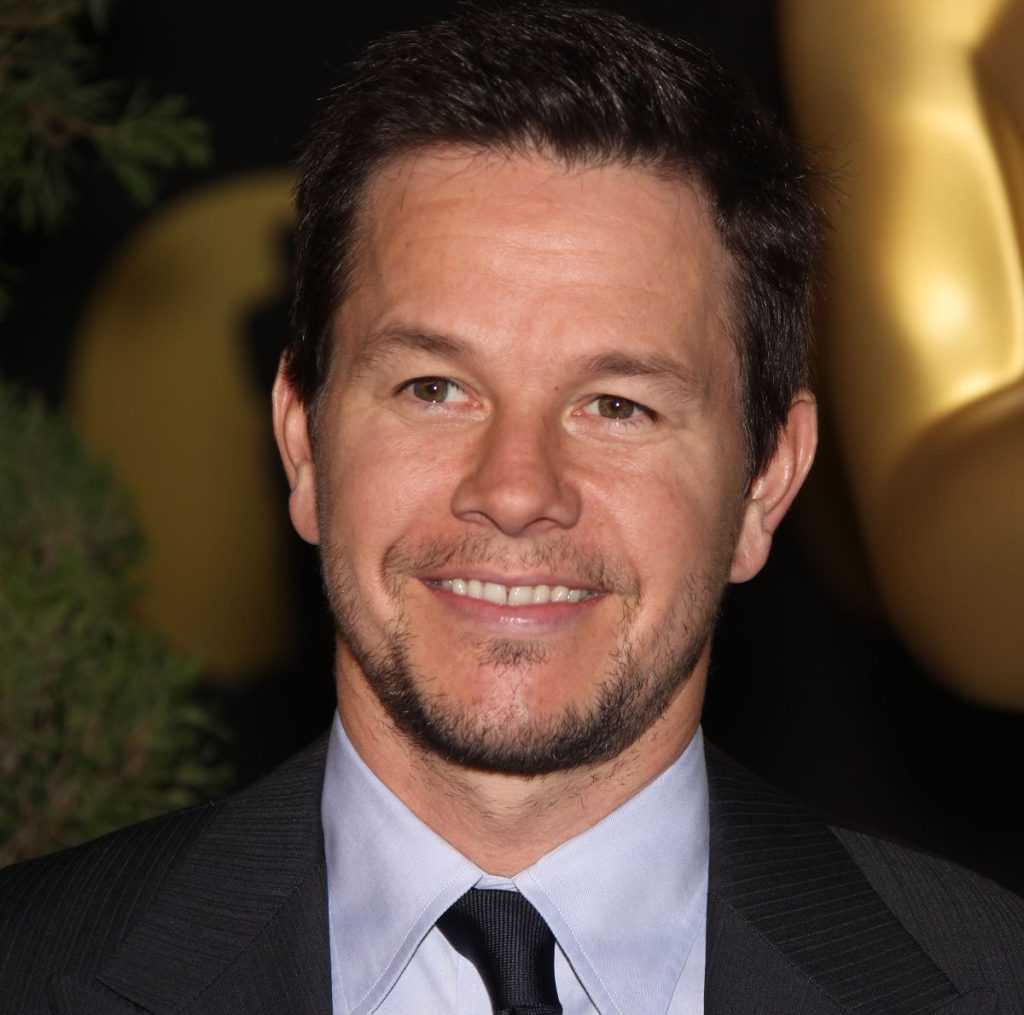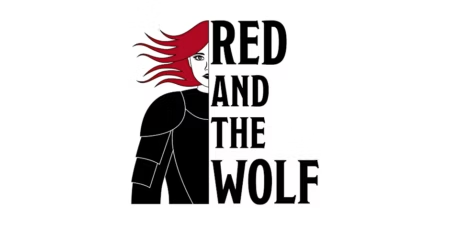Mark Wahlberg, the brother of St. Charles resident Donnie Wahlberg, is starring in an inspiring new movie based on the true story of boxer-turned-priest Father Stuart Long.
God wanted a fighter and He found one. @MarkWahlberg stars in the inspiring true-life story, Father Stu. Exclusively in movie theaters this Easter. #FatherStuMovie pic.twitter.com/m2DHiJuAki
— FatherStuMovie (@FatherStuMovie) February 10, 2022
The movie is scheduled to be released in theaters on April 13.
In the movie, Wahlberg portrays Long, who, after a career in boxing didn’t work out, moved from Montana to Los Angeles to try to become a movie star. After a near-fatal accident, Long became a priest.
While in seminary, doctors diagnosed Fr. Stu with inclusion body myositis after removing a fist-sized tumor from his hip. The rare inflammatory disease causes muscle damage and weakness. The disease caused the slowing down of his body, even at his 2007 ordination.
Fr. Stu died in 2014 at the age of 50.
Actor and director Mel Gibson also stars in the film, playing the role of Fr. Stu’s father.
(Continued from Part II; Click here for Part I)
I think you touched on this a little bit, but how did really diving into Father Stu’s story and getting to play him, how did that impact your faith?
Wahlberg: Again, it was one of those things where I had always been really relying on my faith because once I started to focus… I had lots of troubled times, and once I started focusing on my faith, good things started to happen. And I was like, “Okay, this is what I’m going to focus on.” And of course we have all have bumps in the road and things happen, but I always knew that if I wanted good to happen or even be able to deal with and handle loss, disappointment, failure, all those things, my faith was also there to get me through those things.
So it was always the thing that I relied on pretty much for everything, to grow personally, and it sprinkled in and had an effect on everything that I did both personally and professionally. So the movie was just an opportunity for me now to say, “Okay, now I get an opportunity to utilize all the talents, gifts that God’s given me for his purpose and to do his work.” And it just reaffirmed my faith, and now also is saying, “Hey, it’s time to take a lot more time focusing on this good work and not necessarily pursuing the other goals and dreams that I’ve had as an individual, as a professional.”
You had previously worked with Mel Gibson in Daddy’s Home 2. It was a comedy. How was it different this time around working with him?
Wahlberg: You know, we always approach it the same. We tried to make it as real as possible. But the great thing about this movie, he knew the importance of the story and the significance of it, and everybody realized… We were able to attract such great talent to the project because of the subject matter and also the quality of the writing, what was on the page. So having that approach, but knowing that you’re doing something really important really gives everybody the focus and discipline that they need to be committed to the project, not for their own individual self-serving motivation, but for the whole of the movie and servicing the vision that I had initially telling the story. So that’s always nice.
Well, I guess Rosalyn Ross, obviously she ended up writing the movie and then you decided to have her be the director as well, as the first-time director. How did you feel about turning the reins over to a first-time director?
Wahlberg: Well, she came to me after I went down the road with David Russell about trying to get the movie made at a development level and just really getting a script that we were happy with that we then would want to make. We never got to that place where I had a script. So I was picking Mel’s brain and she kind of threw her hat in the ring to write the script, and I was like, “All right, well I’m kind of in a holding pattern right now and I’m going off to make a movie for three months, so take a crack at it,” and I told her the story and I walked her through it, and she came back with a script that I wanted to make. And I was like, “All right, do I carve 18 months out of my life, or do you have aspirations to direct?” She goes, “Absolutely.” And I said, “Well, if you can put it on the page, I think you can put it on the screen.”
And, of course, surrounding her with great people in every department and every position was important, but I knew she could do a wonderful job and she’s obviously a great discovery I take credit for. But to discover a wonderful, wonderful female voice and talent and visionary like her was very special. And she and I would have conversations and sometime debates about the tone of something, because I was always trying to push the envelope. I wanted it to be edgy. I didn’t want to make a faith-based movie that would definitely preach to the choir, but not reach or touch anybody else and not feel realistic and grounded and real. And Stu’s story was so unrealistic anyway. Hard to make this stuff up.
We found a nice balance and we were able to try lots of things and give her an opportunity to do the final draft of the screenplay in the editing room, which is always nice because you have some choices and you can figure out what works tonally what doesn’t, and where you can really push the envelope and where you step off the gas and let people breathe and not be too serious and edgy, and the humor, and finding that balance of humor and the heart was really a bit of a dance.








